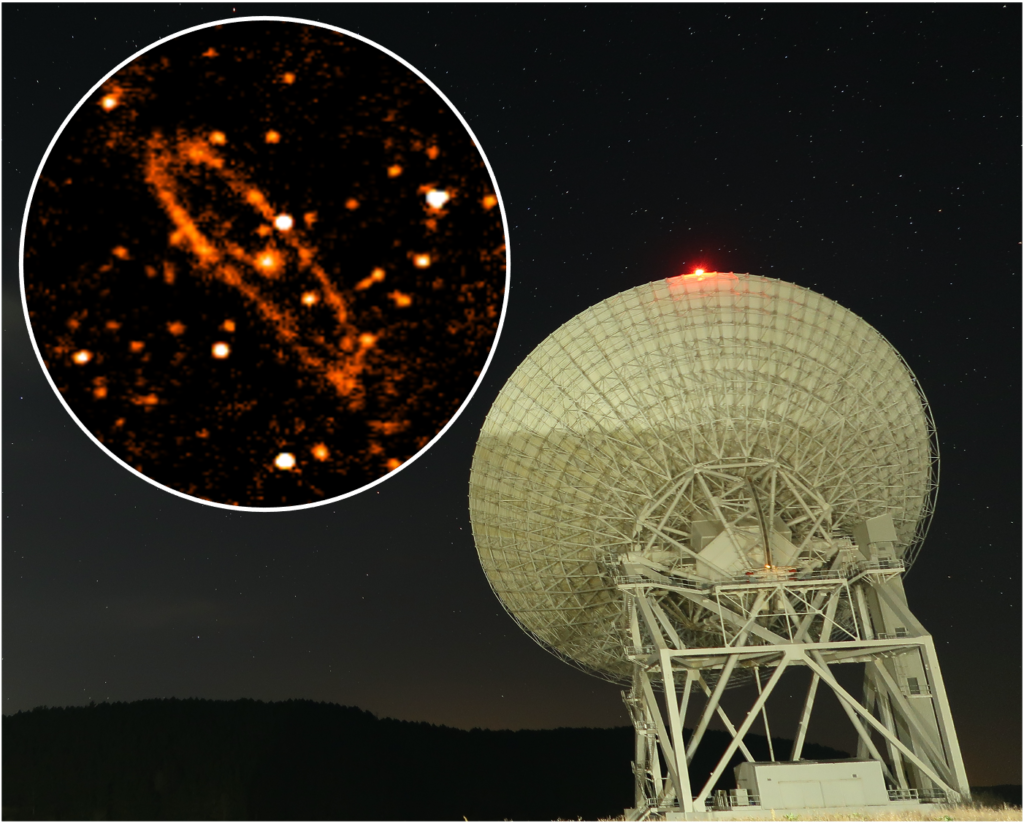Thanks, for the explanation. I agree it is most likely dust. Still the fact that it is a spere maybe it is a lot closer within a few light years or less. Does it show in other images, if any, taken of this galaxy?Chris Peterson wrote: ↑Fri Jul 30, 2021 10:49 pmNo. A BH and an accretion disc are unresolvable in light at any distance from us where we expect to find them. Images like you provide are produced by radio telescopes with planetary scale apertures (interferometers), yielding a resolution of about 20 microarcseconds, and therefore able to resolve structures in nearby galaxies with sizes of a few hundred AU (or a few hundredths of a light year).JohnD wrote: ↑Fri Jul 30, 2021 10:27 pmNot the BH itself, but the accretion disk, around the event horizon?Chris Peterson wrote: ↑Fri Jul 30, 2021 5:27 pm
It's not. Black holes can't be optically resolved. They're far too small.
Like this?
Black hole EHT image.png
Whatever that spot in this image is (I'm inclined to agree with Ann, that it's a dust cloud), it must be many light years across.
APOD: Ring Galaxy AM 0644-741 (2021 Jul 28)
-
roland jochems
- Asternaut
- Posts: 2
- Joined: Fri Jul 30, 2021 2:58 pm
Re: APOD: Ring Galaxy AM 0644-741 (2021 Jul 28)
Re: APOD: Ring Galaxy AM 0644-741 (2021 Jul 28)
Ann wrote: ↑Fri Jul 30, 2021 8:16 pm Speaking of ring galaxies, I just found a picture of the Andromeda Galaxy in radio waves (at 6.6 GHz) and I just have to share it with you.
I hope this link isn't going to break! But in any case...
Is the Andromeda Galaxy a ring galaxy, or is it a ring galaxy?
Ann
So it broke! Okay, I'll try again:
Radio image of Andromeda galaxy at 6.6 GHz (inset), captured using
the Sardinia Radio Telescope in Italy. Credit: S. Fatigoni et al. (2021)
the Sardinia Radio Telescope in Italy. Credit: S. Fatigoni et al. (2021)
Last edited by bystander on Mon Aug 02, 2021 2:15 pm, edited 1 time in total.
Reason: Please, no hot links to images > 500 kb. Uploaded as an attachment.
Reason: Please, no hot links to images > 500 kb. Uploaded as an attachment.
Color Commentator
